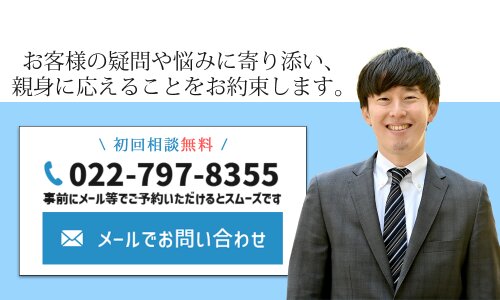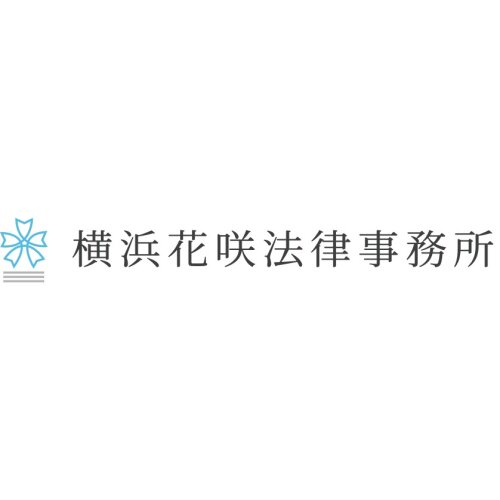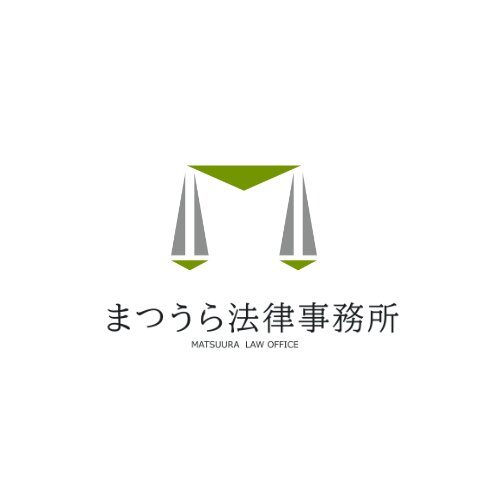Best Antitrust Litigation Lawyers in Japan
Share your needs with us, get contacted by law firms.
Free. Takes 2 min.
Or refine your search by selecting a city:
List of the best lawyers in Japan
About Antitrust Litigation Law in Japan
Antitrust litigation in Japan concerns the enforcement of laws that promote fair competition and prevent unfair business practices. The Japanese Fair Trade Commission (JFTC) is the main authority responsible for overseeing compliance with the Antimonopoly Act (AMA). This law prohibits a wide range of anti-competitive behaviors such as cartels, bid-rigging, monopolization, and unfair trade practices. Legal proceedings may be initiated by the JFTC, affected businesses, or consumers when a violation is suspected. Antitrust litigation is a specialized field that often involves complex legal and economic issues, and cases can be resolved through administrative, civil, or criminal procedures.
Why You May Need a Lawyer
Legal matters involving antitrust issues can be intricate and have significant implications for businesses and individuals. You may need a lawyer if you:
- Have been accused of violating the Antimonopoly Act, such as participating in price-fixing, bid-rigging, or abuse of dominant market position.
- Are a business that suspects a competitor has engaged in anti-competitive conduct affecting your operations.
- Need to navigate interactions with the JFTC during investigations or dawn raids.
- Require advice on compliance programs to ensure your business activities comply with antitrust laws.
- Have suffered financial loss due to the alleged anti-competitive behavior of another company and are considering bringing a claim for damages.
- Need guidance on mergers or acquisitions and how they may be affected by antitrust regulations.
Local Laws Overview
In Japan, the foundation of antitrust law is the Antimonopoly Act (AMA), enforced by the JFTC. This act aims to maintain free and fair competition by prohibiting certain conduct:
- Cartels and Collusion: Agreements among competitors that restrict competition, such as price-fixing or dividing markets, are illegal.
- Unfair Trade Practices: These include unfair pricing, abuse of superior bargaining position, and discriminatory treatment between trading partners.
- Monopolization: Actions that create or maintain a monopoly, preventing fair market competition, are not allowed.
- Merger Control: Mergers or acquisitions that may substantially restrain competition must be reported to the JFTC and can be blocked or conditioned.
Frequently Asked Questions
What is considered an antitrust violation in Japan?
An antitrust violation under the Antimonopoly Act covers practices such as cartels, bid-rigging, price-fixing, abuse of market dominance, certain exclusive trading arrangements, and unfair business practices that restrict free competition.
Who enforces antitrust laws in Japan?
The Japanese Fair Trade Commission (JFTC) is responsible for investigating and enforcing the Antimonopoly Act. It can conduct investigations, impose administrative penalties, and refer cases for criminal prosecution.
Can individuals or companies bring lawsuits for antitrust violations?
Yes. Any person or business that has suffered damages due to anti-competitive conduct can file a civil lawsuit seeking compensation. The process often involves complex legal and economic analysis.
What penalties can be imposed for antitrust violations?
Penalties can include administrative surcharges (fines), orders to cease illegal conduct, and, in serious cases, criminal prosecution where individuals can face imprisonment and businesses can incur additional fines.
What is a "leniency program" in the context of Japanese antitrust law?
Japan has a leniency program allowing companies involved in cartels or bid-rigging to receive reduced or waived penalties if they voluntarily report their wrongdoing and cooperate with authorities during investigations.
Are mergers and acquisitions regulated under antitrust law?
Yes. Certain mergers and acquisitions must be reported to the JFTC if they meet specified criteria, particularly if the deal could potentially restrict market competition.
How long do antitrust investigations or litigation usually take?
The duration varies but administrative investigations may take several months to over a year. Civil or criminal litigation can also be lengthy, depending on the complexity of the case.
Can foreign companies be subject to Japanese antitrust laws?
Yes. Japanese antitrust laws can apply to foreign entities if their business activities have a significant impact on competition in Japanese markets.
What defenses are available against antitrust allegations?
Businesses or individuals may argue that their conduct did not restrict competition or that it was justified for efficiency reasons. Legal advice is crucial to develop a strong defense strategy.
How can businesses reduce the risk of antitrust violations?
Implementing compliance programs, regularly reviewing business practices, training staff, and seeking legal guidance on contractual arrangements can significantly reduce the risk of violating antitrust laws.
Additional Resources
For further information and assistance regarding antitrust litigation in Japan, consider the following resources:
- Japanese Fair Trade Commission (JFTC) - The official authority on enforcement, guidelines, and policy statements.
- Japan Federation of Bar Associations - Provides information on legal professionals specializing in competition law.
- Ministry of Economy, Trade and Industry (METI) - Offers materials on business compliance and fair trade practices.
- Local law offices with antitrust and competition law experts.
Next Steps
If you believe you may be involved in an antitrust issue or if you have been contacted by the JFTC, it is crucial to act quickly:
- Gather all relevant documents and evidence related to your business operations or the suspected anti-competitive conduct.
- Do not make statements to authorities or competitors without first seeking legal advice.
- Contact a Japanese attorney who specializes in antitrust and competition law, ideally with experience in handling cases before the JFTC and Japanese courts.
- Discuss your situation confidentially and review your options, including potential defenses or compliance steps.
- Follow your lawyer's advice on how to interact with investigators and protect your business interests.
Lawzana helps you find the best lawyers and law firms in Japan through a curated and pre-screened list of qualified legal professionals. Our platform offers rankings and detailed profiles of attorneys and law firms, allowing you to compare based on practice areas, including Antitrust Litigation, experience, and client feedback.
Each profile includes a description of the firm's areas of practice, client reviews, team members and partners, year of establishment, spoken languages, office locations, contact information, social media presence, and any published articles or resources. Most firms on our platform speak English and are experienced in both local and international legal matters.
Get a quote from top-rated law firms in Japan — quickly, securely, and without unnecessary hassle.
Disclaimer:
The information provided on this page is for general informational purposes only and does not constitute legal advice. While we strive to ensure the accuracy and relevance of the content, legal information may change over time, and interpretations of the law can vary. You should always consult with a qualified legal professional for advice specific to your situation.
We disclaim all liability for actions taken or not taken based on the content of this page. If you believe any information is incorrect or outdated, please contact us, and we will review and update it where appropriate.
Browse antitrust litigation law firms by city in Japan
Refine your search by selecting a city.















